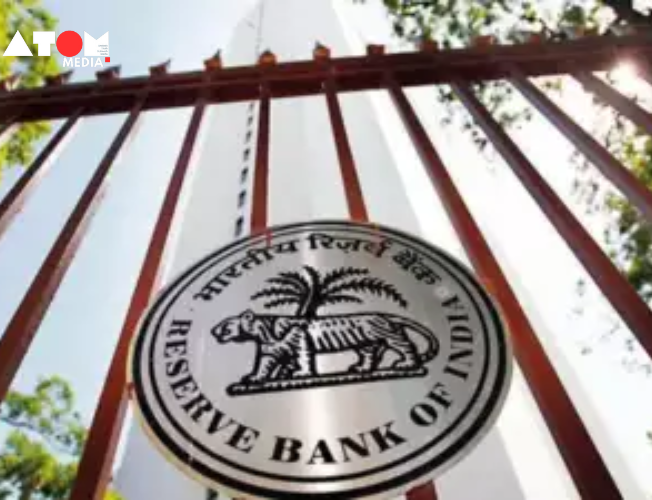The Reserve Bank of India (RBI) has increasingly resorted to business restrictions as a regulatory tool to enforce compliance among financial institutions. This approach marks a departure from traditional penalties and signifies a more proactive stance by the central bank in ensuring adherence to regulatory norms. By imposing restrictions on business activities, RBI aims to compel entities to rectify compliance issues, thereby safeguarding the stability and integrity of the financial system.
Evolution of Regulatory Measures
RBI’s traditional enforcement methods, such as penalties and compounding of offences, have been insufficient in addressing compliance lapses effectively. The central bank faced challenges in enforcing compliance, particularly with multinational corporations and entities with limited operations in India.
Introduction of Business Restrictions
In April 2021, RBI adopted a more assertive approach by imposing business restrictions on Mastercard and Diners Club for non-compliance with local data storage norms. This marked a significant shift towards using regulatory action to enforce compliance.
Impact on Financial Institutions
Financial institutions, including banks and non-banking financial companies (NBFCs), deemed “too big to fail,” have faced intensified scrutiny and regulatory actions. Entities like HDFC Bank, Kotak Mahindra Bank, and others have been subject to fines and business restrictions due to technology-related compliance issues.
Technology Compliance Challenges
Many compliance issues raised by RBI pertain to technology, highlighting the need for robust safety systems in financial institutions. Legacy systems, once cutting-edge, now pose challenges, necessitating comprehensive upgrades to ensure compliance with evolving regulatory requirements.
CEO Extensions as Regulatory Tool
RBI has also utilized CEO extensions as a regulatory tool to ensure compliance and governance standards within financial institutions. CEO appointments and extensions play a significant role in influencing stock performance and market perception.
Regulatory Authority and Powers
RBI’s regulatory authority and extensive powers enable it to enforce compliance effectively. Unlike other regulators, RBI’s orders are not subject to external review, providing it with greater autonomy in imposing regulatory measures.
Impact on Business Growth and Valuation
Business restrictions imposed by RBI not only curtail the top-line growth of regulated entities but also lead to a decline in valuation. The resultant decrease in shareholder value amplifies pressure on management to address compliance issues promptly.
Conclusion
RBI’s adoption of business restrictions as a regulatory tool reflects its commitment to maintaining financial stability and ensuring adherence to regulatory standards. By employing proactive measures and leveraging its regulatory authority, RBI aims to address compliance lapses effectively, thereby safeguarding the interests of stakeholders and preserving the integrity of the financial system.
Read more: Marketing News, Advertising News, PR and Finance News, Digital News





